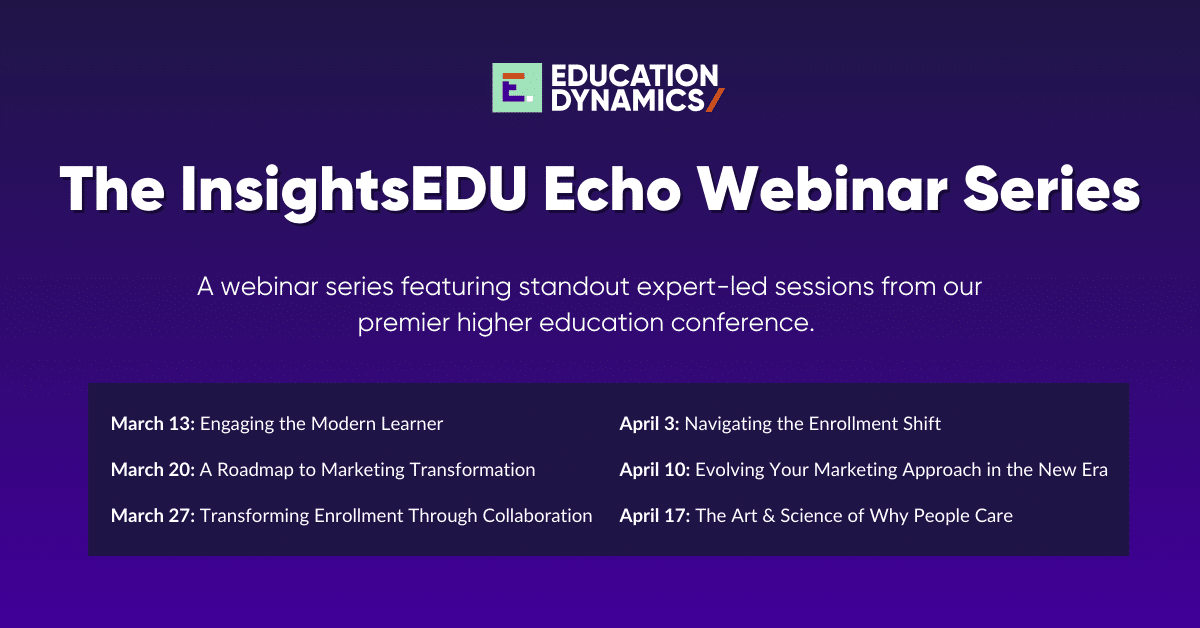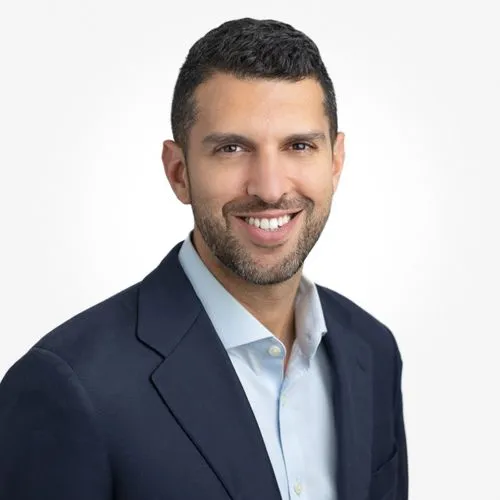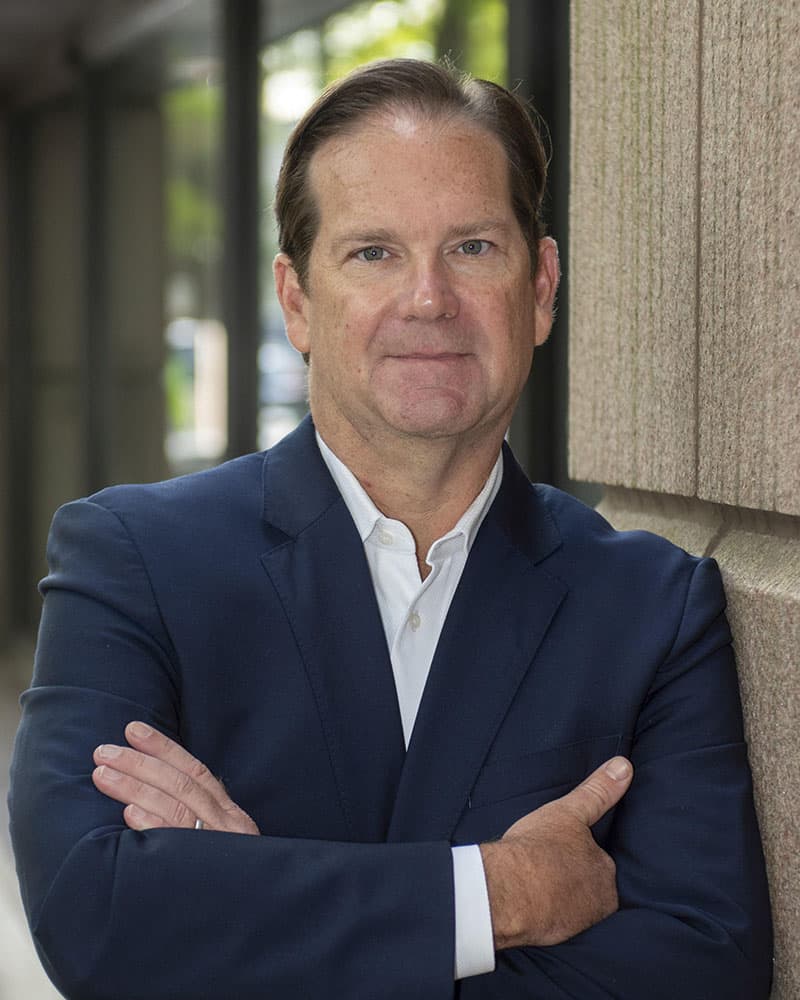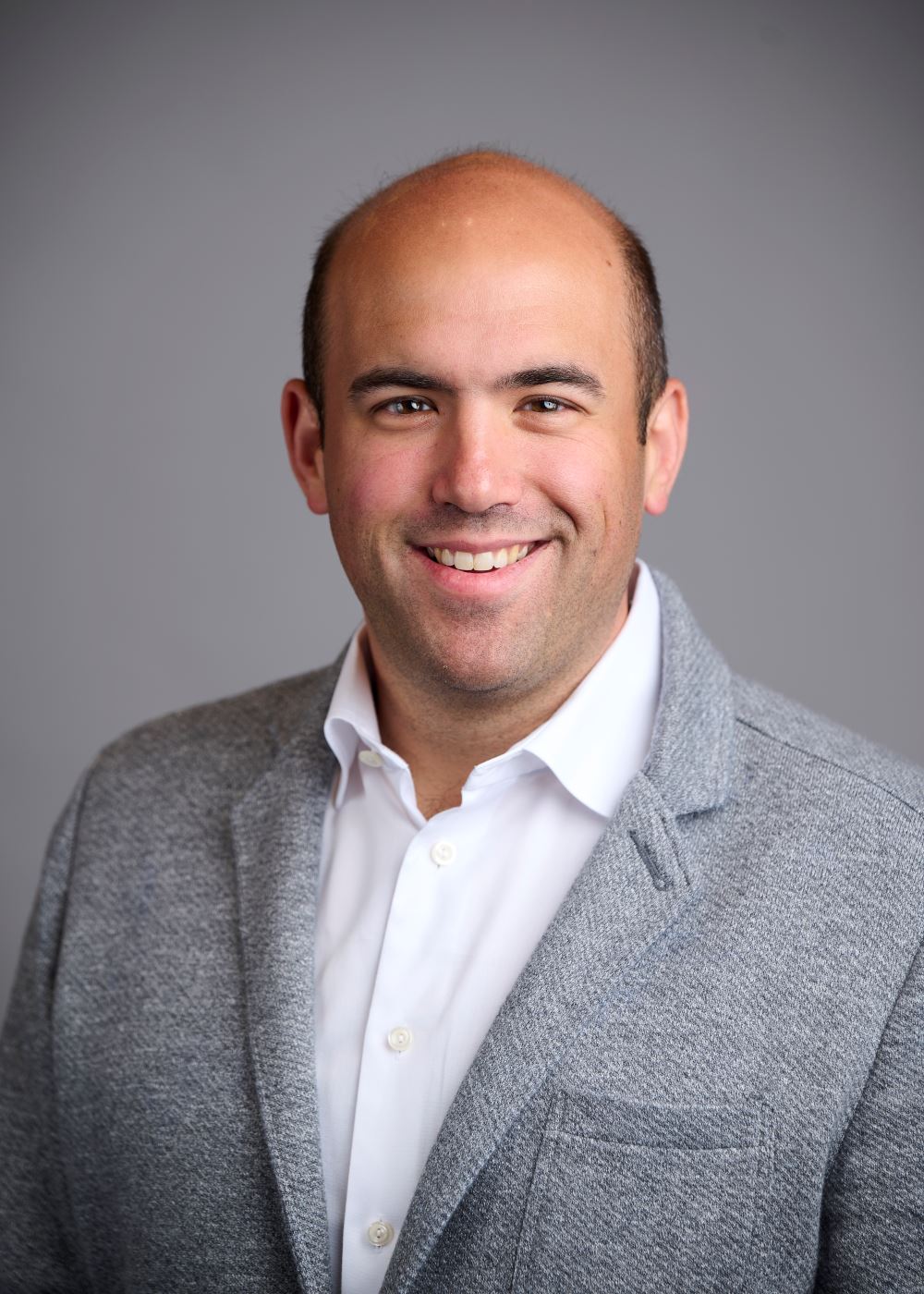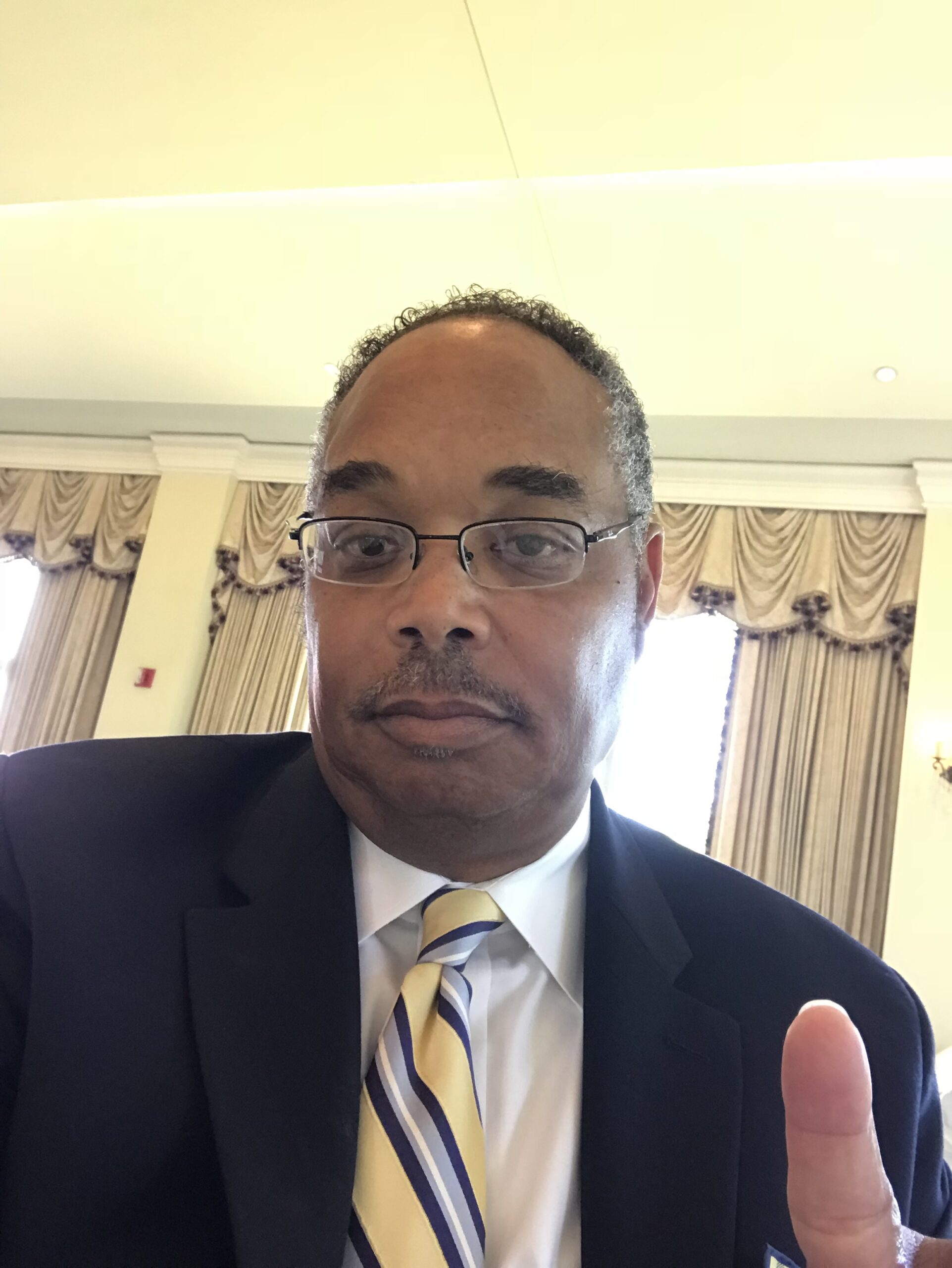The internet has dramatically transformed and so has university website marketing. From basic online brochures relying on a “build it and they will come” approach, websites evolved into dynamic, interactive platforms driven by search engine optimization (SEO) and mobile optimization. Now, website marketing blends AI-driven insights with omnichannel experiences, as prospective students expect seamless, personalized interactions that clearly articulate an institution’s value.
With Google’s widespread release of AI-powered search to all users, your brand and reputation are more critical than ever. The internet’s collective opinion of your institution, interpreted by AI, now directly influences search results. Strong, positive brand reputations inherently signal authority and trustworthiness to AI, increasing visibility and recommendations.
This moment opens new doors for higher ed digital marketing. A website that simply exists today is a missed opportunity. If it doesn’t connect with the Modern Learner or clearly articulate your institution’s unique value, you’re not just losing their interest; you’re losing enrollments and damaging your reputation. For today’s Modern Learner, who expects seamless digital experiences and values authenticity and flexibility, your website is their first impression of your brand and reputation.
To transform your website into a reputation-building, revenue-generating asset, you need a holistic website marketing strategy that positions your EDU website as a strategic asset that continuously adapts to learner needs, builds authentic connections and signals authority to AI. Explore 10 essential website strategies to that will ensure your institution is found and chosen by the Modern Learner.
1. Optimize Content to Feed AI Robots
The Modern Learner’s journey now begins with AI. To stand out, your website needs to engage prospective students and be optimized for how AI tools find and present information. At EducationDynamics, we’ve anticipated the rise of AI in search and adapted our website marketing strategies to help institutions stay ahead and continue to outrank the competition.
To optimize content for both audiences, structure it clearly with descriptive headings, concise copy and consistent formatting so AI can accurately surface your programs. Highlight outcomes like career paths, program value and student success to connect your offerings to what students truly want.
Use natural, straightforward language that’s easy for humans and AI to interpret. Prioritize content types that AI favors, such as FAQs, career guides and student stories, to build trust and boost discoverability.
Your website is a pivotal opportunity to tell a compelling story that highlights your institution’s core values and unique strengths. That way, when students ask the search engines questions about the right institution for them, your website is positioned to be a top answer.
2. Ensure Your Website Provides a Seamless User Experience (UX) and Prioritizes Accessibility
Modern Learners expect fast, intuitive and accessible digital experiences. From the moment a prospective student lands on your site, navigation should feel natural. Clear headers, streamlined menus and a consistent experience across all devices ensure visitors can easily find the information they need without frustration.
First impressions matter, and your website’s speed and mobile responsiveness are non-negotiables. Slow load times or clunky mobile layouts can lose students before they even reach your message. A user-centric website builds trust and reflects your institution’s commitment to meeting students where they are.
Accessibility isn’t an add on—it must be built into your website’s infrastructure. Inclusive design ensures every user, regardless of ability, can engage with your content.
At EducationDynamics, we consistently stay ahead by adopting UX and CRO technologies early, allowing our team to rapidly launch A/B tests and uncover what truly resonates with students. Through continuous optimization and real-time insights, we help institutions create user experiences that reflect their brand, support enrollment goals and keep prospective students moving forward.
3. Optimize for Modern Search (SEO & GEO)
The Modern Learner demands more. As search evolves with AI, your institution’s digital visibility isn’t just important—it’s paramount. Traditional SEO, while foundational, falls short in today’s evolving search ecosystem where the rules of digital visibility are being rewritten.
With the widespread release of AI-powered search, prospective students are discovering their educational options without clicking on an actual link. As a result, institutions must embrace Generative Engine Optimization (GEO). GEO isn’t just about keywords; it’s about optimizing for how AI interprets, ranks and amplifies your institution’s content. A GEO-first strategy demands prioritizing well-structured content, rich media and authentic first-person perspectives from your students and faculty to command visibility in this new, AI-driven search reality.
EducationDynamics doesn’t just adapt to these shifts; we innovate by anticipating emerging trends, leveraging cutting-edge technology and leveraging data-driven insights. Our research-driven approach to SEO for higher education and GEO is continuously evolving, placing your institution at the forefront of how Modern Learners discover and engage. We ensure your visibility, credibility and competitive edge are undeniable, whether through traditional search or the power of AI.
4. Amplify Your Brand Voice Across All Digital Touchpoints
In a crowded digital landscape, fragmented messaging is a liability. For the Modern Learner, a unified brand voice across every digital touchpoint isn’t just a best practice; it’s the foundation of trust and the catalyst for lasting connection. When prospective students move between your website, social media, emails and ads, they should encounter consistent messaging that reaffirms your brand identity. Anything else risks confusion. Consistency, on the older hand, builds clarity and drives connection.
That alignment must be grounded in a strong brand narrative that communicates your institution’s values, mission and what sets you apart. In a market where students are inundated by options, your ability to clearly communicate your institution’s unique offerings is critical and helps students quickly understand why your institution is the right choice.
Real stories from students and alumni bring that narrative to life. These experiences do more than inspire; they create emotional ties that help prospective students see themselves in your community.
A clear, consistent brand voice, supported by a strong website content strategy, is more than a marketing asset. It is a strategic imperative, turning interest into action that builds lasting loyalty from enrollment to graduation and beyond.
5. Personalize the Digital Experience for Each Prospective Student
Personalization is no longer optional. It is essential for driving engagement, building trust and supporting students through the enrollment process.
By leveraging personalized content marketing, institutions can create a one-to-one experience that feels relevant and responsive. Customized email campaigns, dynamic landing pages and virtual campus tours foster connections with students. These experiences demonstrate your institution’s understanding of Modern Learners and help each individual develop a meaningful connection.
Personalization works best when guided by data. By monitoring behavioral cues such as pages viewed, time spent and programs researched, institutions can tailor content and messaging to align with each student’s needs. This enhances the user experience and makes students feel understood.
This is more than optimization. It’s relationship-building. Strategic personalization transforms passive interest into meaningful engagement and builds confidence in your institution’s ability to support each student’s journey.
Modern Learners don’t respond to static messages. They engage in dynamic conversations. Through data-driven personalization, institutions can build digital experiences that feel tailored and conversational, moving students from curiosity to commitment faster and with greater trust.
6. Build Your Advocate Community
he most powerful testimonials come from those who live your brand. By cultivating a vibrant advocate community, your institution doesn’t just enhance its reputation; it ignites a powerful, authentic narrative that deeply connects with prospective students, solidifying their confidence and accelerating their enrollment decision.
Student testimonials and reviews are among the most effective tools for building trust and credibility on your website. Authentic stories bring your brand to life, helping prospective students envision themselves thriving at your institution. Featuring a diverse range of testimonials across various website pages ensures these voices resonate with a wide audience and reflect the true student experience.
Provide opportunities for students and alumni to share their stories, then amplify their voices across your website and broader digital presence. This cohesive approach weaves authentic advocacy into all touchpoints, enhancing emotional connection and making your institution more relatable.
By rooting your brand in real experiences, you strengthen reputation and build lasting relationships. Authentic connection sets your institution apart and drives enrollment in a competitive market.
7. Facilitate Communication and Engagement
In today’s fast-moving digital world, access matters. Offering multiple communication channels on your website such as forms, live chat, text messaging, email and phone ensures prospective students can easily reach out in the way that suits them best. Making information and enrollment support readily accessible improves the overall student experience and fosters a sense of control during the decision-making process.
Incorporating AI-powered chatbots can further enhance engagement by providing instant answers and personalized guidance 24/7. These tools handle routine questions efficiently, allowing your team to focus on high-impact interactions that require a human touch.
When institutions prioritize fast, flexible communication across digital, they do more than offer convenience. They build trust, open the door to deeper engagement and provide the seamless support that moves students closer to enrollment.
8. Use Data and Analytics for Continuous Improvement
Website optimization isn’t a one-time task; it is a continuous process driven by data. Institutions should regularly track key metrics such as page engagement, bounce rates, conversions and time spent on site to understand how visitors interact with their content. Tools like heatmaps and A/B testing provide valuable insights into user behavior and help identify what elements resonate and where improvements are needed.
By leveraging data-driven insights from user search patterns, click paths and drop-off points, institutions can make informed decisions to enhance user engagement and increase conversion rates. Testing different headlines, layouts and calls to action allows for experimentation that drives measurable results. In addition, effective website management requires a robust Content Management System and a clear governance policy to ensure ongoing maintenance and optimization.
As leading market research experts in higher education, EducationDynamics knows what it takes to transform data into action. Our team’s relentless focus on analytics and optimization isn’t just about attracting students; it’s about continuously refining a digital experience that fortifies your institution’s reputation. We empower you to harness insights, ensuring your website is a dynamic asset that converts curiosity into committed enrollment and lasting brand loyalty.
9. Showcase Real Outcomes with Career-Focused Tools and Resources
Today’s students are looking for more than a degree. They want a clear path to a successful future. Your website must deliver on this expectation by showcasing tangible outcomes that prove your institution’s value. Highlighting real-world results is one of the most powerful ways to build credibility and elevate your brand.
Integrate features that demonstrate the long-term impact of your programs. Job placement stats and alumni success stories reinforce your institution’s influence and give students confidence in their future. Spotlight employer partnerships and accessible career services to position your school as career-connected and student-focused. Interactive tools like salary calculators, career pathway infographics and program-matching quizzes deepen engagement and help students make informed decisions.
By clearly communicating return on investment through your website, you do more than just inform prospective students — you build trust, strengthen your institution’s reputation and guide students closer to enrollment. This isn’t merely sharing information, it’s about demonstrating that your institution delivers on its promises. When you connect outcomes to the student experience, you create the kind of meaningful, value-driven journey that today’s Modern Learners actively seek.
10. Develop a Robust Content Hub That Positions Your Institution as a Thought Leader
In today’s competitive higher education environment, institutions must take every opportunity to showcase their unique brand proposition. Your website is a mission-critical touchpoint with power to either build or break institutional reputation. When used strategically, it becomes more than a source of information. Rather, it can be a content hub that reflects your institution’s unique offerings, while building trust and elevating your brand.
By highlighting content such as faculty research, student initiatives, alumni achievements and blogs on timely topics, your institution can build relevance and authority. Your website content strategy should ensure your website becomes a living representation of your institution’s values and vision. This makes your website a living representation of the institution’s values and vision, creating an integral link to your audience and ultimately leading to stronger brand credibility, increased organic engagement and a lasting reputation as a thought leader in higher education.
The Moment is Now: Elevating Reputation in the AI Era
Your website is more than a digital touchpoint; it is the heartbeat of your brand and foundation of your institution’s future. In an AI-driven world, standing still means falling behind.
At EducationDynamics, we’re here to help you navigate these changes with confidence. Transforming lives through higher education is at the core of our mission, and that means anticipating trends, understanding shifts and equipping our partners to thrive.
This is not merely an opportunity to adapt; it is an imperative to lead. Now is the decisive moment to fundamentally reimagine your website’s strategic role in driving unparalleled visibility, sustainable growth, and a strong reputation. Join John Weaver and Karina Kogan for “The New Rules of Website Marketing,” a live virtual masterclass that will show you how to turn your website into a high-impact tool for success in an AI-driven world. Secure your institution’s future advantage by reserving your spot today.




